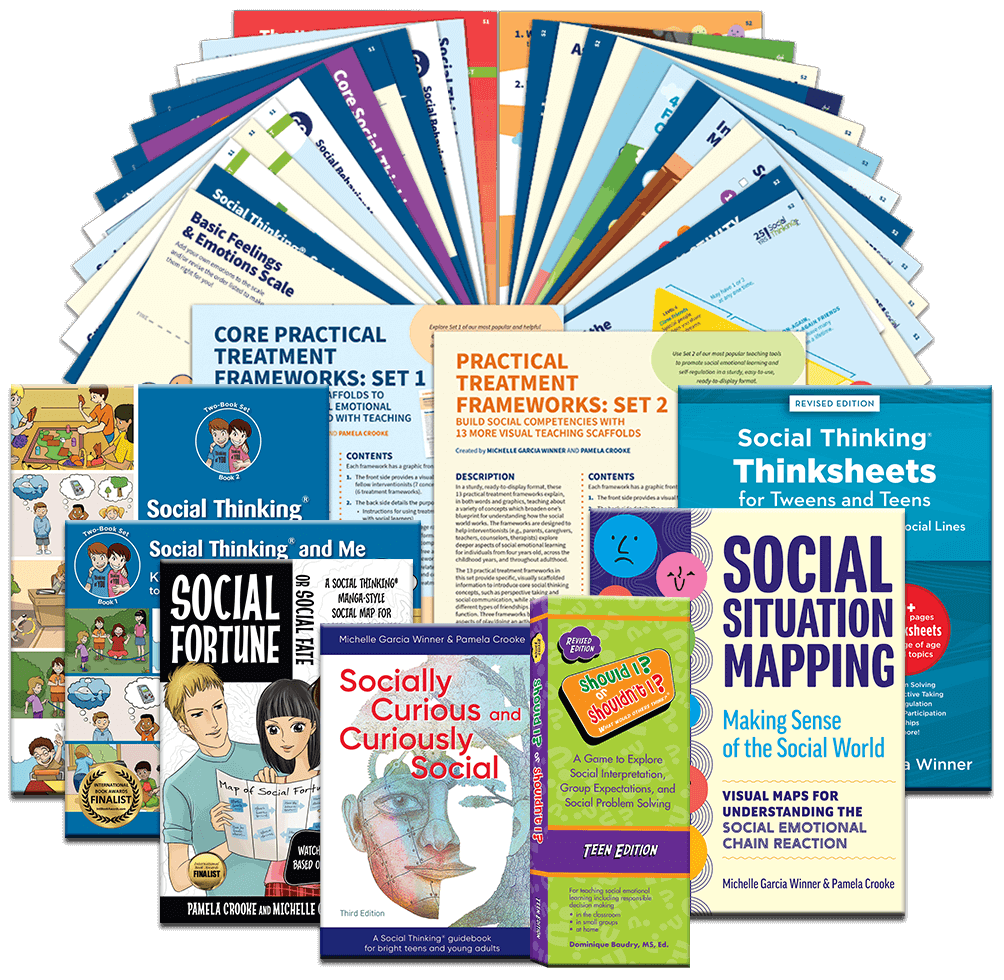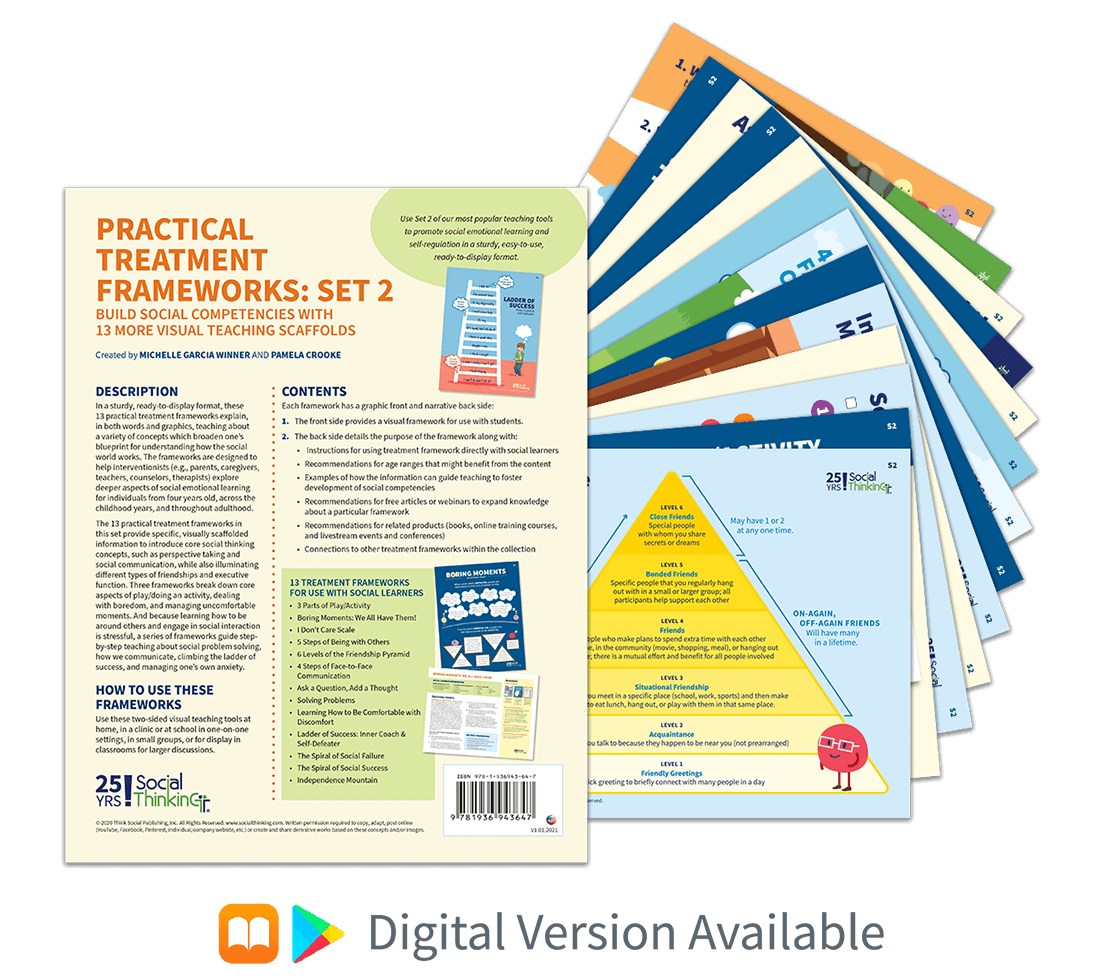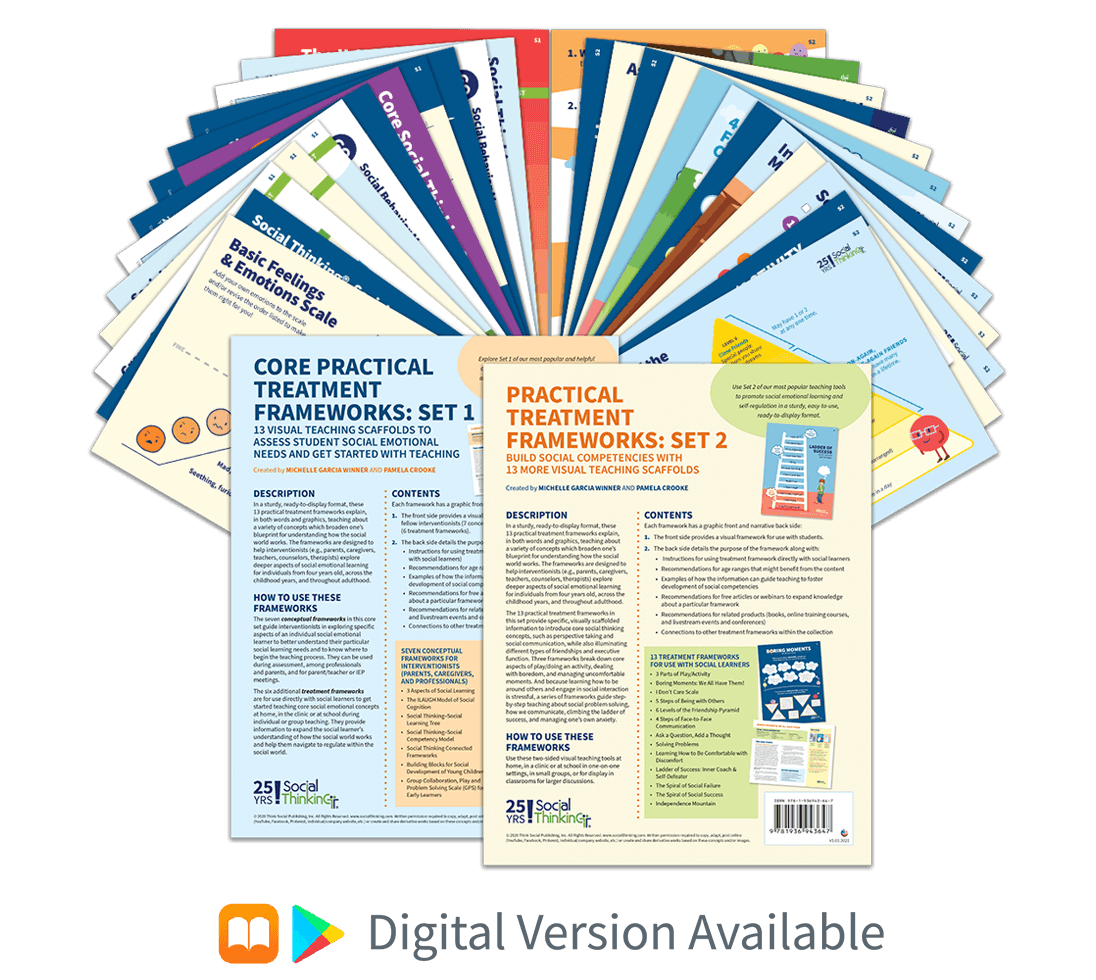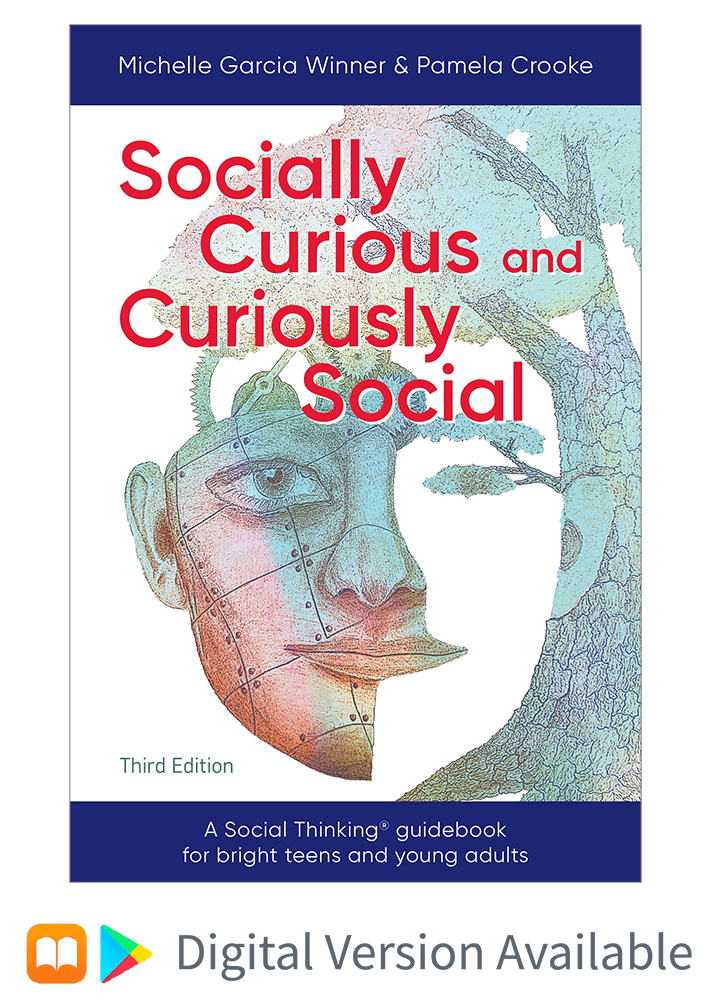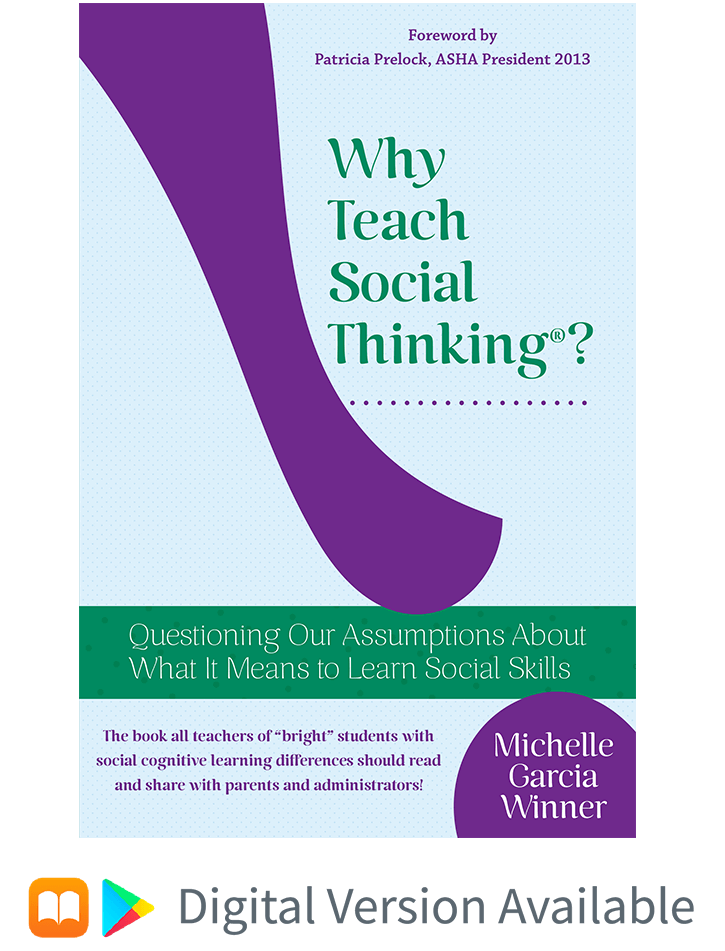Updated: December, 2023
© 2023 Think Social Publishing, Inc.
This is the second part of a three-part blog. Please click here to read Part 1
The following is a list of questions to explore when students are in middle to high school to help consider realistic options post-graduation. We rarely see students "pull it together" in their junior/senior years of high school, given the tremendous increasing pressures they feel as they realize they will be graduating. While we need to include the student in transition discussions, we also have to realize that many cannot imagine something they have not experienced. They assure their parents they will "figure it all out" once they go to college. We call this talking the talk. However, they need to understand and demonstrate action plans to walk the walk. We should always value what each person says they want to do after graduation, but we also need to expose the student to all post-high school options and take the time to consider what they are ready to pursue!
Consider these questions:
- Do they keep track of their own homework assignments?
- Do they create and implement plans that are reasonable for working through short-term and long-term homework assignments?
- Do they know how to ask for help?
- Do they have strategies for managing their anxiety when dealing with a stressful day?
- Do they have 1-2 people they seek out to build a relationship?
- Are they able to do homework assignments for language arts/written expression without regular adult assistance?
- Do they make basic inferences, summarize stories, and understand there is a main idea?
- Do they have an idea of maintaining their hygiene without constant reminders?
- Do they understand the importance of helping at home even if they don’t want to?
- Can they find intrinsic motivation to push to do things they don't enjoy?
- Do they demonstrate a willingness to learn/participate at harder tasks when doing specific visual-motor or technical tasks (electronics, mechanics, technology, etc.)?
- Do they say they hate school and struggles (or is completely unable) to wake up in the morning to go to school without parent intervention?
- Are they asking to get a job in the community (e.g., retail, food services, social services) in lieu of going to college?
If the majority of answers to questions 1-10 were NO, then they are at great risk for having significant struggles—even in the most helpful and supportive college programs. College transition programs do not guarantee or ensure success; a student needs to be able to learn the basic concepts of the college courses and demonstrate knowledge with only the accommodations available and appropriate to the individual student.
If the answers to 11, 12 and 13 are mostly YES, then we need to really listen to their perspective and provide other choices towards their own goals. And that might be outside of the traditional school or college experience.
High school offers a highly structured day. College life, even when commuting from home, is not routine and is erratic in structure. There are large gaps in the middle of the day where students do not have classes and are expected to work on assignments. It takes some level of self-regulation to make productive use of the out of class time.
In terms of social demands, a K-12 setting provides opportunities for our students to be surrounded by peers, even if they don't have a lot of friends. Other students typically know who they are and notice when they are not present. Students are also told what classes to go to, attendance is monitored, students are accounted for, and so on. There is no such accountability system in a college program. Students decide whether they want to attend classes and adults don't follow up (usually) if they fail to attend. Others in college may not notice our students or care if they don't go to class. The same goes for doing homework. The shift of responsibility takes a dramatic turn from parent/teacher oversight to the individual student, almost overnight! Communication with personnel at the college from parents who want to stay involved with their student's workload is not only discouraged but prohibited without student permission.
What to do?
Begin to address goals towards helping to shift responsibility and accountability to the student. Parents will need to slowly begin to retreat from being the organizers of all information for a student and let them take on more decision-making and problem solving in high school. If a student is overwhelmed in their classes, consider having them take an easier class where they feel they can succeed with less assistance rather than push teachers to find ways to help them pass with a decent grade. This is the less is more philosophy.
It may also be a good idea during the student's senior year of high school to enroll in a college class on a college campus, so they can get an idea of how to move around campus. This will also help them see what it is like to sit in a larger lecture hall, how assignments are submitted, how to organize study off a syllabus, etc. However, if you do this, then make sure the team does not support in the same way they do with high school classes. It's okay to orient the student to how to use a syllabus, where they can study at school, but avoid the helicopter hand-over-hand assistance. See how your student feels working with this level of freedom. Some students love it and are more independent when placed in an environment that encourages them to be more self-reliant; but many struggle. This practice run gives the student, as well as the family, a sense of this transition and whether going to a college setting is the right choice for that time in development.
Also, don't minimize the importance of developing social networking skills such as clubs, sports, and events while in high school. Sometimes families (and the students themselves) place so much emphasis on pushing academics that when the time comes to develop their own social networks post high school, they are lost with little to no experience. Avoid thinking that social learning and related social skills should not interfere with academic lessons. These skills, along with grit and tenacity, are the most important predictors of adult success! Social media, too, is a critical type of communication for high school, college, and young adults. It's the way in which valuable information is shared, both academic and social. However, as we all know, social media is not without dangers—so help your student learn the hidden rules.
All this being said, there are programs on college campuses cropping up everywhere for students with social learning differences. Some of these are tutorial based and offer some social skills training, while others are private programs that help teach students life skills along with academic and vocational learning. However, if you answered "no" to most of the questions 1-10, it is very likely these programs may still not have enough or the right supports for your child.
To sum this up:
Start early! Help students to learn new and expanded skill sets, find motivation, and "own" what they need to work on. Parents may also have to learn to change their own parenting strategy. "Less is more" applies to parents as much as it applies to the student. Parents and teachers need to catch themselves from placing students in programs where they cannot do their own work and still feel okay about the work they are doing.
Go on to part 3 of this blog, which addresses one parent's dilemma and puts a very real human face on this topic.










